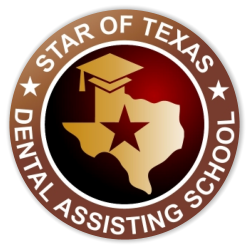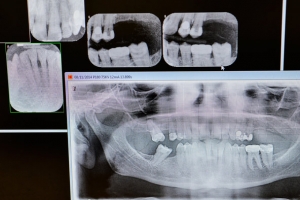X-rays should not be done unless there’s a reason. “The concept of a routine X-ray is gone,” said Dr. Paul S. Casamassimo, a professor of pediatric dentistry at Ohio State University in Columbus. Radiation exposure should be minimized because it can heighten a person’s lifetime risk of developing cancer.
In their 2012 guidance, the American Dental Association and the Food and Drug Administration say that for high-risk preschoolers who have had cavities in their baby teeth, dentists should consider X-rays every six to 12 months. But for the very young who have never had a cavity, X-rays should be considered only every 12 to 24 months.
Most of the time, a dentist can visually inspect teeth and see decay. Or they can tap on a tooth to see if it’s painful.
Once several permanent teeth come in, X-rays may be required more often, because the dentist can’t see between two teeth to spot decay. Permanent teeth are bigger than baby teeth, after all.
But there always needs to be a justification for using X-rays. Some reasons include impacted teeth, pain, obvious decay, unexplained bleeding, migrating teeth, or again, simply because a dentist can’t see between two teeth.
Cavities between teeth are best caught early. If you wait until you can see it without an X-ray, “that tooth is in big trouble,” possibly requiring a root canal or extraction, Dr. Casamassimo said.
However, he thinks beginning cavities are different than full-blown holes in teeth. If a patient with an early cavity on a previous visit is now regularly brushing, flossing and limiting snacking, an X-ray may be useful to confirm decay is not progressing, but not “every six months” on an ongoing basis, he said, adding: “The kid is getting irradiated, and the decay isn’t getting worse.”
Some dentists may recommend a procedure called cone beam CT scans, which provide 3-D X-ray images of the teeth and their roots, as well as the jaw and skull. But it’s “absolutely inappropriate” for dentists to use them “just to see what’s in there,” said Dr. Casamassimo, who has never ordered such a scan at Nationwide Children’s Hospital, where he works. However, CT scanners may help in cases of impacted teeth or extra teeth.
By: Katherine Saint Louis, The New York Times
We are currently enrolling for our next session! Contact one of our Admissions Representatives today at (512) 487-1547 or operations@staroftexasdentalassistingschool.com


